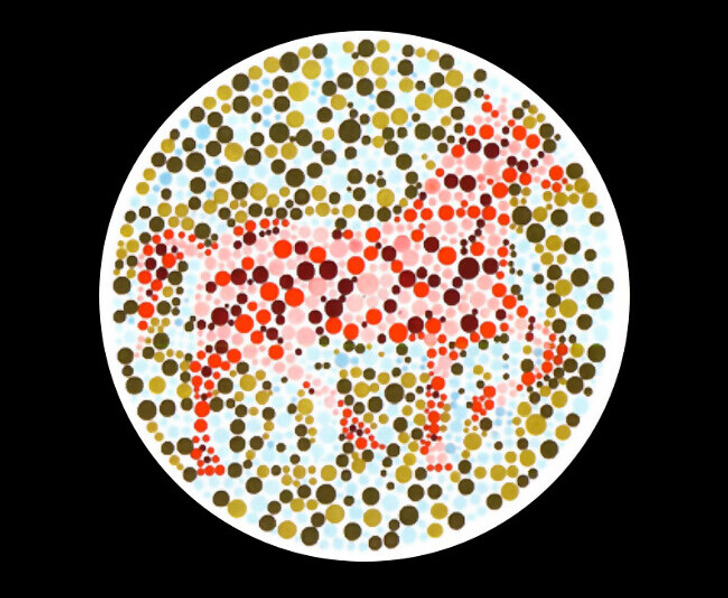A high school football game in Florida ended in tragedy when an athlete collapsed during the game and later passed away.
The local community is deeply shocked and saddened by the event. Chance Gainer, an 18-year-old student and standout player from Port St. Joe High School, lost consciousness on the field while playing against Liberty County High School. Despite the quick response from medical staff, he was pronounced dead at a nearby hospital.

Gulf County School Superintendent Jim Norton said that when emergency responders first arrived, Gainer had no pulse. However, they were able to revive him before he was taken to the hospital in an ambulance. Unfortunately, he passed away after arriving at the clinic.

Liberty County Athletic Director Tim Davis, who was there at the time, shared more details about what happened after Gainer was taken away. “We got the news about an hour later that he had passed away. The game had about four minutes left in the fourth quarter, so we decided to finish it. This way, the Port St. Joe coaches could tell the players together,” he said.
Gainer’s death has deeply affected the Port St. Joe community. He was not only known for his impressive athletic skills but also for his kind and quiet nature. Norton described Gainer as an outstanding athlete and person, praising his “world-class speed” and even better personality.

The young athlete, who had a GPA above 4.0, had recently visited Vanderbilt University to explore college options. “This is the most heartbreaking situation,” said Superintendent Jim Norton on Saturday. He also asked everyone to keep Gainer’s parents and loved ones in their thoughts and prayers. On the same day, Port St. Joe High School opened its doors to allow the community to gather and mourn Gainer’s passing. Grief counselors were brought in to help students, staff, and the football team cope with the loss. The upcoming football game against Blountstown, scheduled for next Friday, has been postponed.
Many people had kind words about Gainer. Principal Sissy Godwin described him as “a very sweet young man” whose smile could light up any room. Football coach Tanner Jones called him “feisty” and noted his ability to “determine the outcome of games.” His friend Kolten Johnson remembered the moment he found out about Gainer’s death. He knew “something was wrong” when his mother started crying and told him the news after the game. Johnson said Gainer was “an amazing football player, an amazing friend, a great kid to be around.”
The news spread quickly on social media. The Florida High School Sports Athletic Association extended its condolences to Gainer’s family, friends, and the Port St. Joe community. One user wrote, “No mother should have to bury their child. I’m sending my deepest condolences and prayers to his family. Rest well, Chance Gainer.” Others also expressed their sadness and concerns. One person added, “It is heartbreaking. The safety of young athletes should be our primary concern in sports. The recent tragedies have shocked and saddened the entire community.”
To honor Gainer, the Gulf County School District has planned several events. A local pizza place donated pizzas for Monday’s lunch to give Gainer’s mother and aunts time to mourn. All schools in the district will be closed on Tuesday, and there will be a luncheon for athletes and coaches. Normal classes will resume on Wednesday. There is also a planned event called “Celebration of Life” on Saturday the 14th, though details are still being finalized. Our deepest condolences go to the Gainer family and the Port St. Joe community during this difficult time. Rest in peace, Chance Gainer.
What You Saw First Will Reveal the Whole Truth About You
Our mind is a complex and multifaceted mechanism; sometimes we don’t even know what our own personality hides. However, you can uncover the traits and secrets of your personality in a simple way: just trust your intuition and choose the first thing you see in these pictures.
Upstairs or downstairs?

- Cat heading upstairs: You don’t pay attention to details. You’re probably a little bit messy and naive. You believe in everything you see and this makes you love life.
- Cat heading downstairs: You are an attentive person and have good intuition. You pay a lot of attention to detail and like a challenge.
An old lady or a young woman?

- An old lady: You’re an experienced person. You have a critical mind, and you analyze life from every point of view.
- A young woman: You are an optimist and impulsive. You’re also happy.
What animal do you see first?

- The bull
If you noticed a bull, that means you have confidence in yourself and your actions. Being mysterious to other people makes you feel delight. However, you cannot stand it when people perpetuate lies and hypocrisy. As you have a strong sense of justice, you always try to do what’s right.
- The horse
If the horse first caught your attention you are a natural leader. You are sensitive to others and willing to put their needs first. People look up to you for your determination and your perseverance. You maintain calmness and reasonable thinking in any situation.
- The bear
Seeing a bear signifies that you are the empathetic type. You listen to the anxieties of others and make them feel safe. People don’t feel judged by you. You’re a great caretaker.
Do you enjoy learning new things about yourself? Then take a look at this article as well.



Leave a Reply